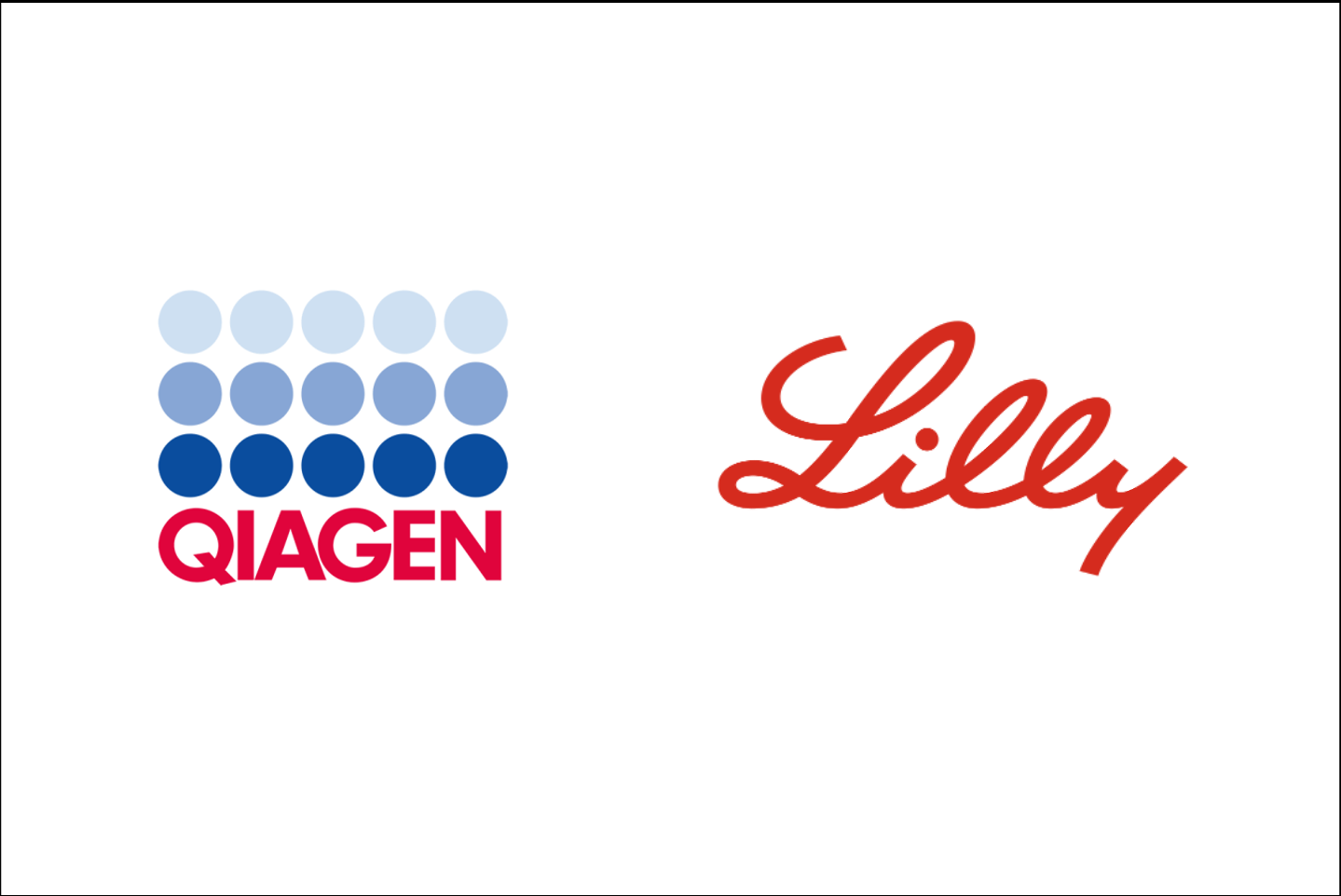



Original from: QIAGEN
QIAGEN (NYSE: QGEN; Frankfurt Prime Standard: QIA) today announced it has entered into a collaboration with Eli Lilly and Company to support the development of a QIAstat-Dx in-vitro diagnostic (IVD) to detect APOE genotypes which can play a role in the diagnosis of Alzheimer¡¯s disease. This collaboration represents a significant milestone as the QIAstat-Dx panel would be the first commercially available IVD for APOE genotyping.
The panel will be integrated with QIAGEN's multiplex testing platform QIAstat-Dx, marking the first publicly disclosed collaboration for a clinical application of the system in neurodegenerative diseases and adding to two more collaborations for diagnostics development programs with other companies. The QIAstat‑Dx system, designed for laboratory use, employs cost-efficient, single-use cartridges with built‑in sample processing and on-board reagents. Utilizing multiplex real-time PCR, it reliably detects genetic variants, with results in about an hour. With more than 4,000 instruments placed worldwide, QIAstat‑Dx has a strong footprint in infectious disease testing, which is now expanded into other disease and application areas.
¡°Our collaboration with Lilly to develop the QIAstat-Dx IVD panel underlines our commitment to advancing healthcare with a unique breadth of testing technologies and platforms, now also including multiplexing capabilities on QIAstat‑Dx,¡± said Jonathan Arnold, Vice President and Head of Translational Science and Precision Diagnostics at QIAGEN. ¡°By providing precise APOE genotyping, we aim to better inform treatment considerations for Alzheimer¡¯s patients, providing valuable insight in their diagnostic journey.¡±
¡°When offering a diagnostic test for clinical use, it is imperative that it be high-quality, accurate and accessible to patients,¡± said Anthony Sireci, M.D., MSc., Head of Diagnostics Development & Commercialization for Eli Lilly and Company. ¡°We are working with QIAGEN to generate data for this APOE test because of their expertise in developing diagnostic assays and their global reach.¡±
The QIAstat-Dx IVD panel will detect all APOE genotypes (APOE2, APOE3, APOE4). They can play a role in the diagnosis of patients with Alzheimer's disease, which is the most common cause of dementia. People carrying the APOE4 genotype have a higher risk of developing Alzheimer's and are likely to do so earlier in life compared to others. Those who carry two copies of this genotype (homozygous) are most likely to develop clinical symptoms of the disease.
QIAGEN has more than 30 master collaboration agreements with global pharmaceutical and biotechnology companies to develop and commercialize diagnostic tests. QIAGEN¡¯s offering to these companies encompasses technologies from next-generation sequencing (NGS) to polymerase chain reaction (PCR) and digital PCR (dPCR), sample types from liquid biopsy to tissue, and disease areas from cancer to Parkinson¡¯s ¨C including 14 FDA-approved PCR based companion diagnostics and a collaboration with Neuron23 announced in September 2022 to develop an NGS-based companion diagnostic for a novel Parkinson¡¯s disease drug.